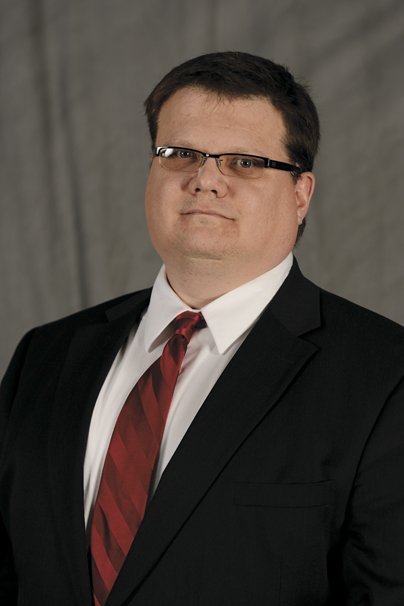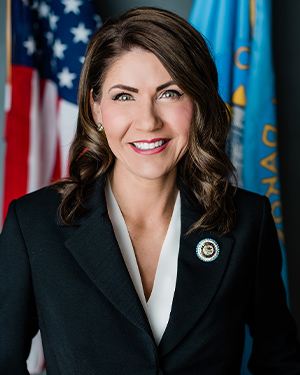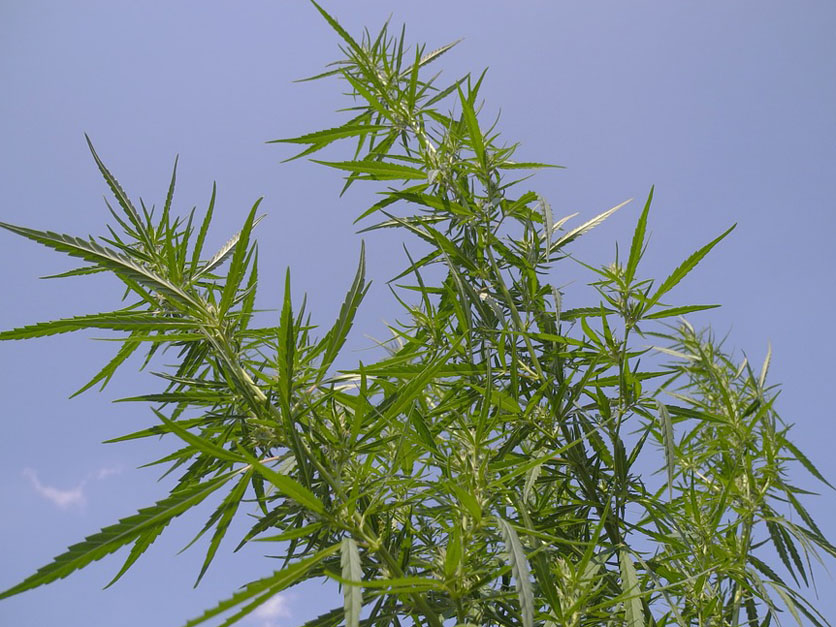From the Southeast to New England, the Pacific Northwest to the mid-Atlantic, and most places in between, states are embracing hemp as a welcome alternative for growers struggling with low commodity prices.
But there are still a handful of outliers.
Most states passed laws quickly and without controversy, responding to the desire in the farm community for a versatile crop that has myriad potential uses. Texas became the latest to pass a hemp legalization law last month, and shortly thereafter New Hampshire’s legislature passed a law allowing the crop to be grown, processed and traded in the state but set up a committee to look at how to implement a hemp program.
Those actions brought the number of states with hemp laws to 46, leaving just four without a pathway for growers to hop on the hemp bandwagon: Ohio, South Dakota, Mississippi and Idaho.
Three of those are working to address the subject, while in Idaho, legislation to allow hemp farming died this spring, and the state’s attorney general has declared that hemp containing any amount of tetrahydrocannabinol (THC) is, for legal purposes, marijuana and cannot be cultivated. According to the farm bill, hemp cannot contain more than 0.3% THC.
Both Ohio and Mississippi are on the path to legalization. A bill in the Ohio legislature has plenty of support, say hemp advocates, but lawmakers there have been preoccupied with passing a budget; they recently had to approve a temporary spending measure after failing to pass a two-year funding bill.
“Our farmers support it. Many of the members of the legislature support it,” said Tony Seegers, director of state policy for the Ohio Farm Bureau Federation. “Two or three members of the House Ag Committee said it was their top priority when it was first introduced.”
But “the budget is taking up a lot of oxygen in the room,” Seegers said. He hopes that when the budget battles recede, the legislature will pass hemp legislation, which already has cleared the House Ag Committee.

Tony Seegers, Ohio Farm Bureau
Seegers says hemp has the potential to be Ohio’s third biggest crop, after corn and soybeans. “From my understanding, it’s pretty hardy,” he said, also mentioning its versatility. Its outer fiber can be used in industrial applications from electronics to building materials (think hempcrete), its seed can be a food ingredient, and its flowers are a source of cannabidiol (CBD), a chemical compound widely touted as a treatment for aches and pains and anxiety, although the FDA has only approved one drug with CBD so far.
The bill on hold in Ohio is modeled after the law in Kentucky, where hemp has been grown since 2014 under a pilot program allowed by the 2014 farm bill. Setback requirements for growers are included to minimize the chances of cross-pollination with marijuana grown for medical purposes, and growers and processors both must be licensed by the state.
"Applicants have to demonstrate they have the financial wherewithal” to start growing or processing, Seegers said. Though OFBF expressed some concern about those provisions, Kentucky officials said it was important not to rush into the hemp market, Seegers added.
Kentucky has seen its market grow steadily. In 2014, the first growing season, 33 acres were planted. This season, the state’s department of agriculture has approved more than 100 licenses covering 42,000 acres, a 26,000-acre increase from last season.
In South Dakota, the outlook for hemp legalization is cloudier because of Republican Gov. Kristi Noem, who vetoed legislation in March that would have allowed hemp production. She said she was concerned about how law enforcement would distinguish between hemp and marijuana in transportation and about the connection between hemp and marijuana legalization.
"I am concerned that this bill supports a national effort to legalize marijuana for recreational use," she said in her veto statement. "There is no question in my mind that normalizing hemp, like legalizing medical marijuana, is part of a larger strategy to undermine enforcement of the drug laws and make legalized marijuana inevitable."

Gov. Kristi Noem, R-S.D.
“Our state is not yet ready,” she said. Noem’s veto barely survived legislative override attempts, falling a couple of votes short in the state Senate.
Caleb Finck, a Republican state representative and co-sponsor of the legislation, said he did not agree with the governor, and hopes that a legislative committee meeting over the summer can agree on recommendations by the end of the year, at least.
But there’s still the matter of getting legislation passed during the 40-day legislative session that kicks off in January. The House and Senate are made up of “105 different people from varying backgrounds,” he said, pointing out the difficulty of getting legislation through.
Lee Qualm, South Dakota's House majority leader and chairman of the legislative committee, says there’s more than enough interest in growing hemp in South Dakota. “I’ve been in the legislature for seven years,” he said. “There’s not been a topic I’ve received more comments on than growing hemp.”
“I’m not going to say it’s going to be the salvation of the family farm,” he added. However, “It has a lot of potential” because of its versatility.
Noem, however, still has concerns. Press Secretary Kristin Wileman said Noem, a farmer and former small business owner, “would love to expand markets through new, safe, proven commodities that will put more money in the pockets of small business owners and producers.”
However, industrial hemp “failed to meet those qualifications when we looked at this issue last session,” Wileman said. “Serious questions remain about the impact on public safety, enforcement, and costs to the taxpayers. The Department of Agriculture in Washington hasn’t put out federal guidelines yet, and the FDA hasn’t approved CBD oil, which remains illegal in our state in most cases. We still have a lot more tough questions than we have good answers when it comes to hemp.”
USDA is working to have regulations in place by this fall in time for the 2020 growing season, and FDA recently said it is “expediting” efforts to come up with CBD regulations.
Mississippi is also working to come up with an agreement on hemp cultivation. A Hemp Cultivation Task Force met July 8 and will meet again Sept. 25, with a charge to consider “the potential of hemp cultivation, market potential, and potential job creation in Mississippi.”
Mike McCormick, president of the Mississippi Farm Bureau Federation (MFBF), said he expects the task force will look closely at Kentucky’s law as a template for Mississippi’s. The interest is there: “Everyone’s hurting right now,” he said.
Andy Gipson, the state’s commissioner of agriculture and commerce, is chairing the task force, which also includes Andy Whittington, environmental coordinator with the MFBF.
McCormick said to some extent, the state is waiting on regulations and guidance from USDA and FDA. “We’re really waiting on them at this point,” he said.
For more news, go to www.Agri-Pulse.com


